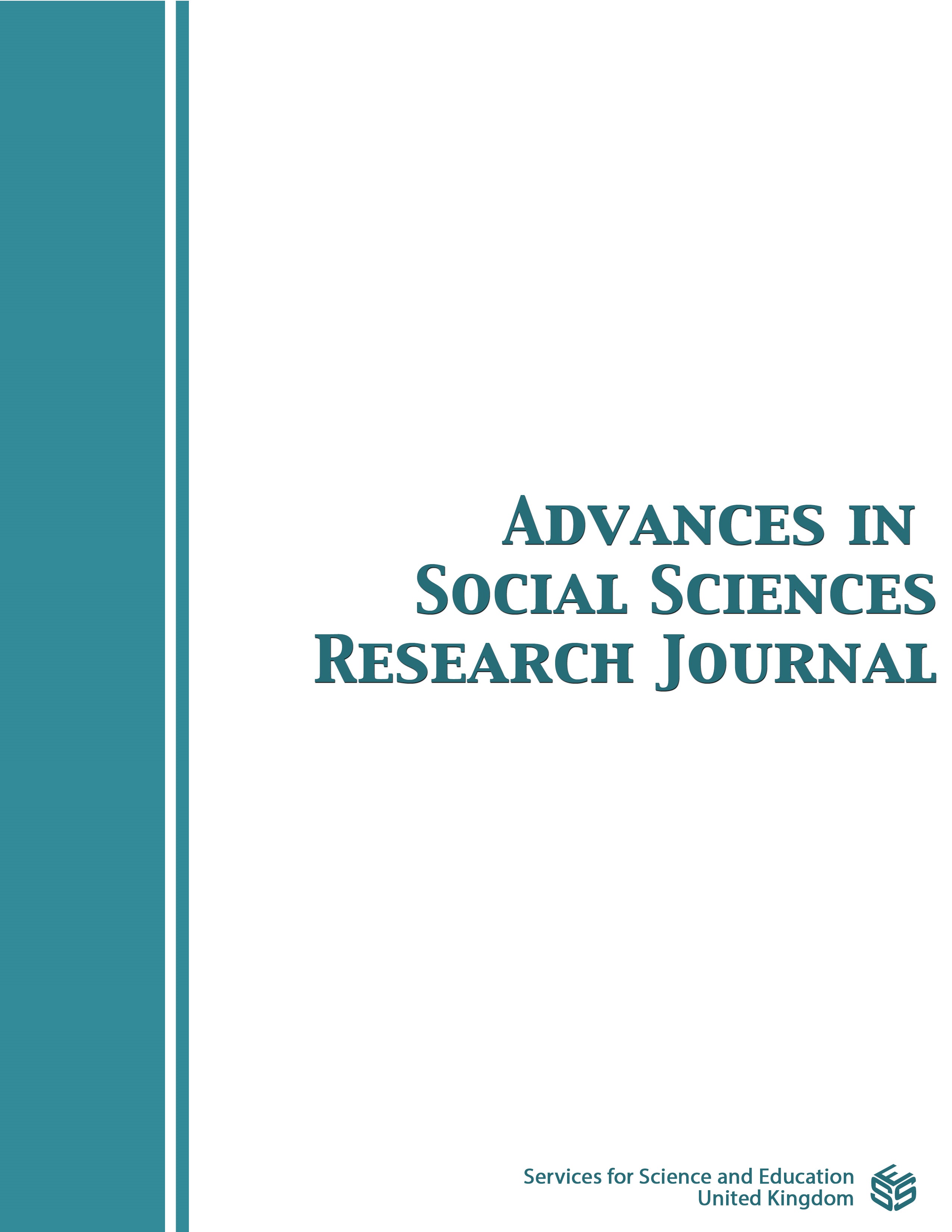Effectiveness of the Teacher Resilience Distance Support Programme in Latvia, Lithuania and Slovakia
DOI:
https://doi.org/10.14738/assrj.102.14069Keywords:
teachers, resilience, distance support programme, comparative study between countriesAbstract
As society becomes more modern, the economic and social significance of teleworking is increasing. This trend has been particularly accelerated by the Covid-19 pandemic. Teleworking, as distance education/learning, has also been applied in the education system. However, there are limitations to such work, one of which is the loss of communication between teachers and students. School educators are in need of emotional resources and resilience when working remotely. There is a lack of targeted distance support programmes for teachers. Aim of the study. To investigate the effectiveness of the Teacher Distance Resilience Support Programme. Study participants. 161 teachers from different schools in Lithuania, Latvia and Slovakia. Methodology. Feedback questionnaire for the Teacher Resilience Support Programme (Svence, 2022); supervision of the training programme and focus group. Results. Relatively high Cronbach alpha values for the questionnaire modules were established. It was found that teachers in the whole sample have a positive perception of the effectiveness of the distance support training programme. Statistically significant differences were found in evaluations of individual modules submitted by teachers from Lithuania, Latvia, and Slovakia. The age and experience of teachers did not show statistically significant difference. Conclusions. Teachers in all the three countries have positive perceptions of the effectiveness of the distance support programme based on the feedback questionnaire and the supervision and focus group. In order to strengthen the resilience of teachers who work distance, it is recommended that the remote support programme is applied in school communities and included in teacher training studies.
Downloads
Published
How to Cite
Issue
Section
License
Copyright (c) 2023 Ala Petrulyte, Virginija Guogienė, Ilze Briška, Eva Gajdošová, Guna Svence

This work is licensed under a Creative Commons Attribution 4.0 International License.
Authors wishing to include figures, tables, or text passages that have already been published elsewhere are required to obtain permission from the copyright owner(s) for both the print and online format and to include evidence that such permission has been granted when submitting their papers. Any material received without such evidence will be assumed to originate from the authors.






